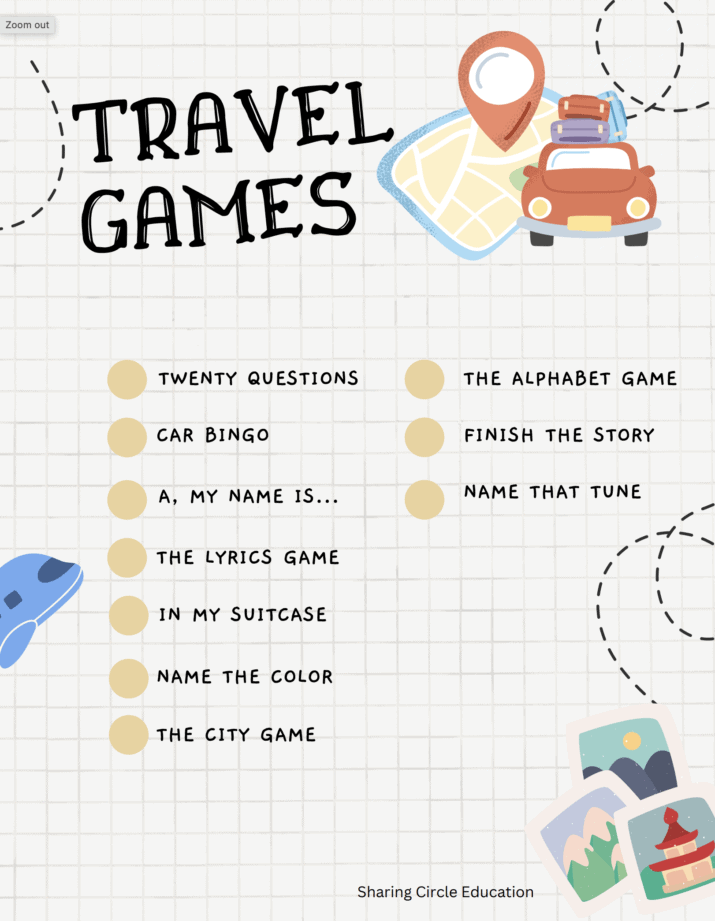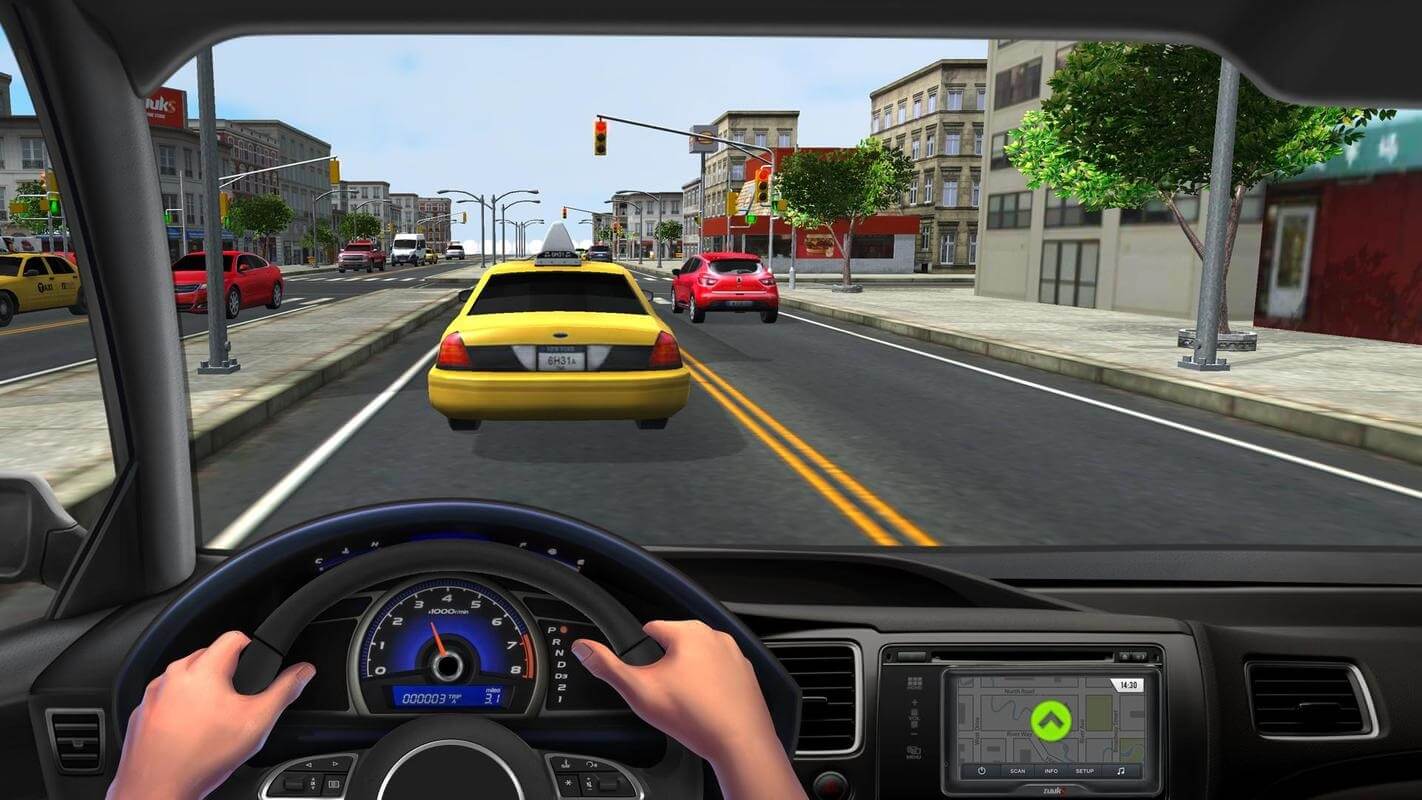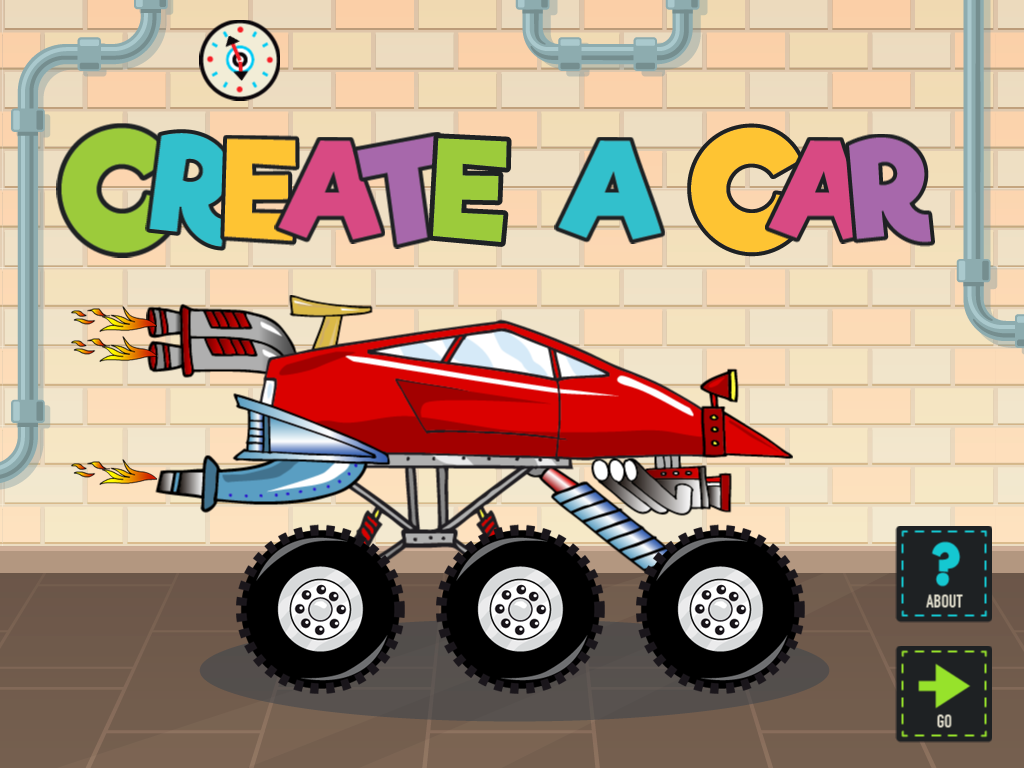Car Games In Key Stage 1: A Journey Of Learning And Play
Car Games in Key Stage 1: A Journey of Learning and Play
Related Articles: Car Games in Key Stage 1: A Journey of Learning and Play
Introduction
With enthusiasm, let’s navigate through the intriguing topic related to Car Games in Key Stage 1: A Journey of Learning and Play. Let’s weave interesting information and offer fresh perspectives to the readers.
Table of Content
Car Games in Key Stage 1: A Journey of Learning and Play
Car games, often incorporating simple vehicles and imaginative scenarios, are a popular and valuable tool for engaging Key Stage 1 (KS1) children in learning and development. These games, typically designed for children aged 5-7, offer a unique blend of fun and educational opportunities, fostering a range of essential skills and concepts.
Understanding the Appeal of Car Games
The fascination with cars and vehicles is a common thread among young children. This inherent interest serves as a powerful motivator for engagement. Car games capitalize on this natural curiosity, providing a platform for exploration, creativity, and learning. The playful nature of these games allows children to immerse themselves in imaginative worlds, fostering a sense of wonder and excitement.
Educational Value of Car Games
Beyond the inherent fun, car games offer a wealth of educational benefits, encompassing various aspects of development:
1. Language and Literacy:
- Vocabulary Development: Car games often involve naming vehicles, describing their features, and discussing their functions. This encourages vocabulary expansion, particularly within the domain of transportation.
- Storytelling and Narrative Skills: Children can create narratives around car journeys, imagining destinations, passengers, and events, enhancing their storytelling abilities.
- Phonics and Early Reading: Games that incorporate car sounds or license plate recognition provide opportunities for phonics practice and early reading skills.
2. Mathematical Concepts:
- Counting and Number Recognition: Games involving car races or parking scenarios provide opportunities for counting cars, comparing their numbers, and understanding simple mathematical concepts.
- Spatial Awareness and Measurement: Building car tracks or arranging parking spaces fosters spatial awareness and develops an understanding of concepts like size and distance.
- Problem-Solving: Games that involve navigating obstacles or planning journeys encourage logical thinking and problem-solving skills.
3. Social and Emotional Development:
- Collaboration and Teamwork: Games that involve multiple players, such as car races or building a shared track, promote collaboration, negotiation, and turn-taking skills.
- Emotional Regulation: Car games often involve scenarios that require children to cope with winning and losing, fostering emotional regulation and resilience.
- Social Interaction and Communication: Games provide a platform for children to interact with peers, engage in conversations, and develop social skills.
4. Fine Motor Skills and Physical Development:
- Hand-Eye Coordination: Manipulating toy cars, building tracks, or playing car-related board games enhances fine motor skills and hand-eye coordination.
- Gross Motor Skills: Games that involve moving around, such as pretending to drive or acting out car journeys, promote gross motor skills and physical activity.
Examples of Car Games for KS1
A wide array of car games cater to the diverse needs and interests of KS1 children. Some popular examples include:
-
Traditional Car Games:
- "I Spy" with a Car Theme: Focusing on identifying car parts, colors, or types of vehicles.
- "Car Bingo": Identifying specific cars or features on a bingo card.
- "Car Races": Using toy cars to compete on a track, promoting counting, turn-taking, and sportsmanship.
-
Creative Car Games:
- "Car Wash": Pretending to wash cars, incorporating water play and vocabulary development.
- "Garage Construction": Building a garage for cars using blocks or other materials, fostering spatial awareness and creativity.
- "Road Trip Storytime": Imagining a road trip, creating a story with characters, destinations, and events.
-
Educational Car Games:
- "Car Puzzles": Solving car-themed jigsaw puzzles, promoting problem-solving and spatial reasoning.
- "Car Matching Games": Matching car pairs based on color, size, or type, enhancing memory and cognitive skills.
- "Car Counting Games": Counting cars, grouping them by color or type, promoting number recognition and early math skills.
Implementing Car Games Effectively
To maximize the benefits of car games, educators and parents can consider the following strategies:
- Adapt to Individual Needs: Tailor the game to the specific developmental stage and interests of the child.
- Encourage Creativity: Allow children to explore their own ideas and make choices within the game’s framework.
- Focus on Learning Objectives: Link the game to specific educational goals, such as vocabulary development or counting skills.
- Provide Clear Instructions: Ensure children understand the rules and objectives of the game.
- Foster Collaboration and Communication: Encourage children to work together, communicate their ideas, and take turns.
- Promote Active Engagement: Encourage children to be physically involved in the game, moving around, manipulating objects, and expressing themselves.
Frequently Asked Questions (FAQs) about Car Games in KS1
Q: Are car games appropriate for all KS1 children?
A: Car games can be adapted to suit a wide range of learning styles and developmental stages. While some children may be more drawn to active, physical games, others may prefer quieter, more structured activities. Educators and parents should observe individual preferences and adjust the game accordingly.
Q: What are some potential drawbacks of car games?
A: While car games offer numerous benefits, it’s important to be mindful of potential drawbacks. Excessive screen time, especially with electronic car games, can be detrimental to children’s physical and cognitive development. Additionally, some car games may promote competitive attitudes, which may need to be addressed through positive reinforcement and emphasis on cooperation.
Q: How can I make car games more engaging for KS1 children?
A: Incorporate a variety of elements to keep children engaged, such as:
- Variety: Offer a range of car games, incorporating different themes, rules, and levels of complexity.
- Real-World Connections: Link the games to real-world experiences, such as observing cars on a road trip or discussing different types of vehicles.
- Creative Materials: Use a variety of materials for building tracks, creating vehicles, or role-playing scenarios.
- Rewards and Recognition: Acknowledge children’s efforts and achievements through positive reinforcement, verbal praise, or small rewards.
Tips for Car Games in KS1
- Use a Variety of Materials: Engage children with different materials like toy cars, blocks, cardboard boxes, and even household items to create unique car experiences.
- Encourage Imaginative Play: Allow children to create their own stories, scenarios, and rules, fostering creativity and imagination.
- Connect to Real-World Learning: Use car games to introduce concepts like traffic rules, road safety, and different types of vehicles.
- Integrate with Other Subjects: Link car games to other subjects like literacy, math, science, and social studies, enhancing learning across disciplines.
- Promote Positive Social Interaction: Encourage teamwork, turn-taking, and respectful communication during game play.
Conclusion
Car games offer a powerful tool for engaging KS1 children in learning and development. By capitalizing on children’s inherent fascination with vehicles, these games provide opportunities for language development, mathematical exploration, social interaction, and physical activity. By carefully selecting and implementing car games, educators and parents can foster a love of learning and unlock a world of possibilities for young learners.








Closure
Thus, we hope this article has provided valuable insights into Car Games in Key Stage 1: A Journey of Learning and Play. We appreciate your attention to our article. See you in our next article!
